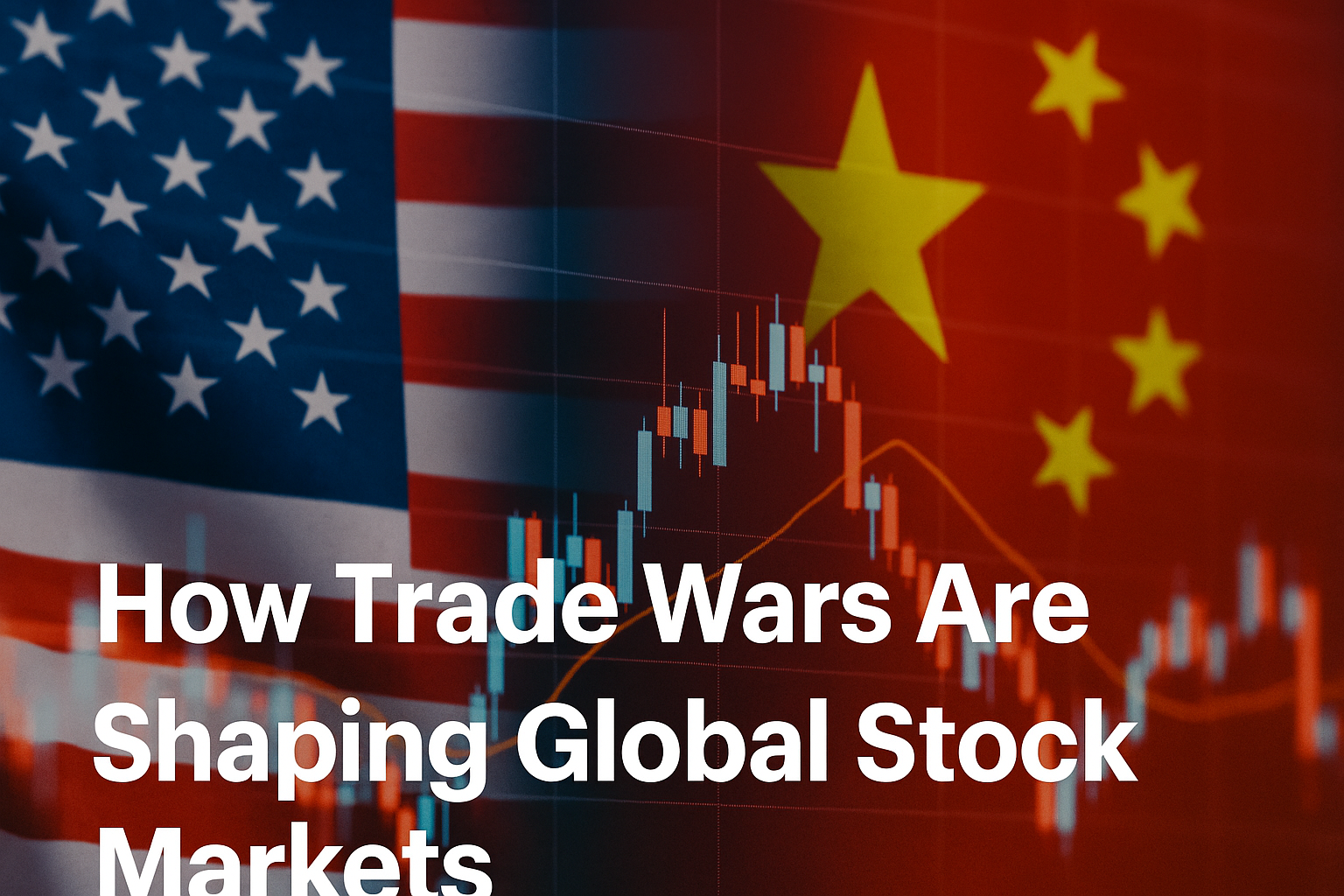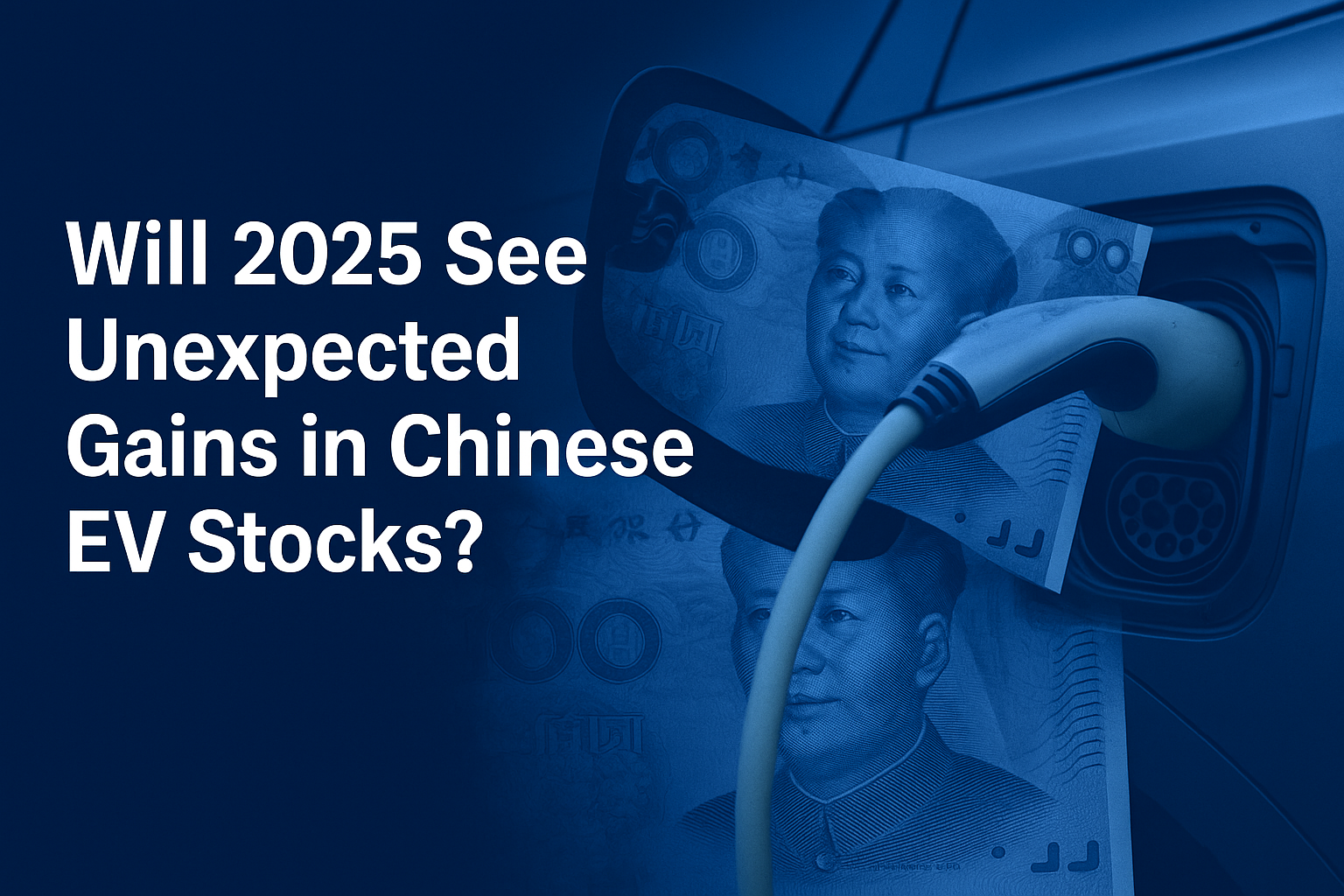Trade wars, which are economic conflicts in which countries put tariffs or other trade barriers on each other, have become a common theme in the world economy. Their main targets are import and export policies, but the effects go far beyond government talks. The stock market is one of the first and most obvious places where trade wars have an effect.
This is how trade wars change stock prices, how investors act, and how stable the market is.
1. The market becomes more volatile
Trade wars make things unclear, and financial markets don’t like that. When investors hear about new tariffs or retaliatory actions, they often act quickly, which can cause stock prices to go up and down very quickly. This volatility can cause companies with a lot of international business to lose or gain billions of dollars every day.
2. Effect on Global Companies
Trade disputes often hit big companies that depend on global supply chains and export markets first. Businesses in fields like technology, cars, and manufacturing may have to pay more to make things or sell fewer things. Because of this, their stock prices can drop a lot when trade tensions are high.
If the US puts tariffs on electronic parts from China, for instance, tech companies in the US may have to pay more for the parts they need, which could hurt their profits and make investors less confident.
3. Effects on Specific Sectors
Some areas are affected more than others. Industries that rely a lot on imports or exports, such as agriculture, steel, and semiconductors, are more likely to be affected by trade wars. On the other hand, companies that mostly serve domestic markets may be less exposed and may even benefit if local demand takes the place of foreign supply.
For example, if tariffs make foreign steel more expensive, local steel producers may get a short-term boost in their stock performance.
4. How Investors Feel and Act
Wars over trade can change how people see the market. A lot of people might move their money into safer things like bonds, gold, or stable blue-chip stocks. This change in how people invest can slow down the overall market and slow down growth in sectors that are more vulnerable. During times of economic uncertainty, people tend to act more cautiously.
5. The power of the central bank
When trade wars happen, central banks may change their monetary policy to help the economy. Sometimes lowering interest rates to help growth can help markets stay stable, but signs of a long-term trade war may require more aggressive actions. These changes in policy can have a direct effect on what investors expect and do.
6. Effects on the Whole World
Trade wars between big economies like the US and China don’t just hurt those two countries. Because of global supply chains and investment flows, many other markets, especially those in developing economies, may also be unstable. The stock markets in Asia, Europe, and Latin America often go up and down with the conflict.
Conclusion
Trade wars have a big effect on the stock market. They change how investors act, make things more volatile, and affect businesses around the world and in the US. Some sectors may do better in the short term, but in the long term, they often see less confidence, slower growth, and market performance that is hard to predict.
When trade tensions are high, investors should stay up to date and spread their money around. As economies around the world stay connected, trade disputes will continue to have a big impact on how stock markets move.









Leave a Reply